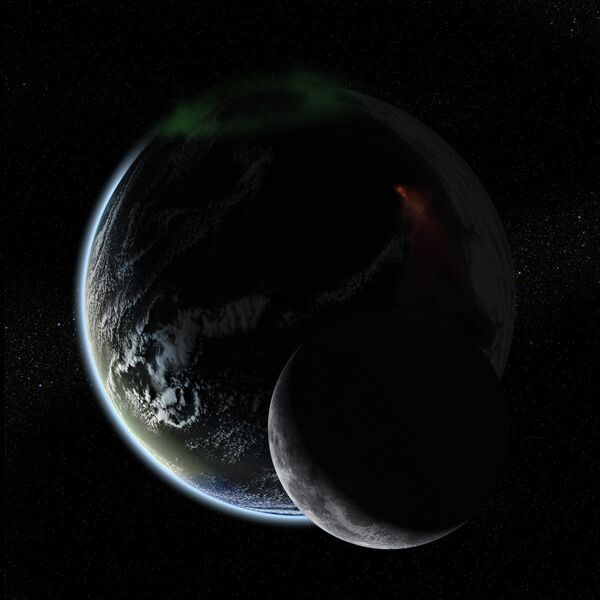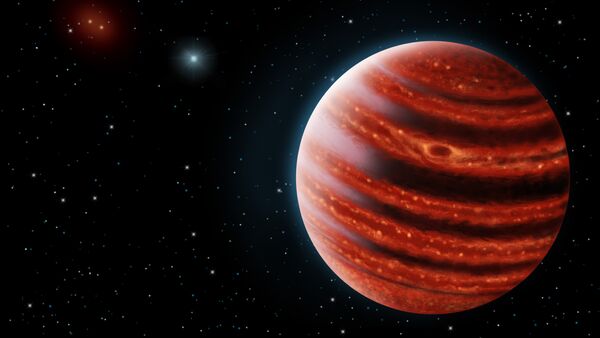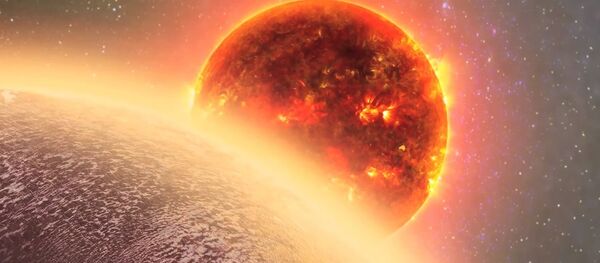A group of scientists has analysed the atmospheric compositions of 19 exoplanets, or planets outside our Solar System, finding a widespread presence of water there – although in much lower quantities than initially predicted, a study published in the Astrophysical Journal Letters reveals.
The analysis was carried out with the help of space-based and ground-based telescopes, as researchers discovered water vapour in 14 out of the 19 distant worlds that they examined, which varied in size from “cool mini-Neptunes to hot Jupiters”. The predictions about exoplanets’ water levels were based on the atmospheric compositions of our own gas giants, but even this data still remains quite indefinite, according to the researchers.
“The fact that we are making detailed measurements of water vapour in exoplanets is remarkable, because we have not yet made any significant detection of water for the giant planets in our own solar system”, one of the study's co-authors, Nikku Madhusudhan, told Space.com.

“We can measure water better with exoplanets than in our own solar system”, the astrophysicist noted, as even multiple attempts to measure the water in Jupiter’s atmosphere have been futile so far.
“Since Jupiter is so cold, any water vapour condenses out of its atmosphere, and we can't see it”, the study’s lead author Luis Welbanks explained.




